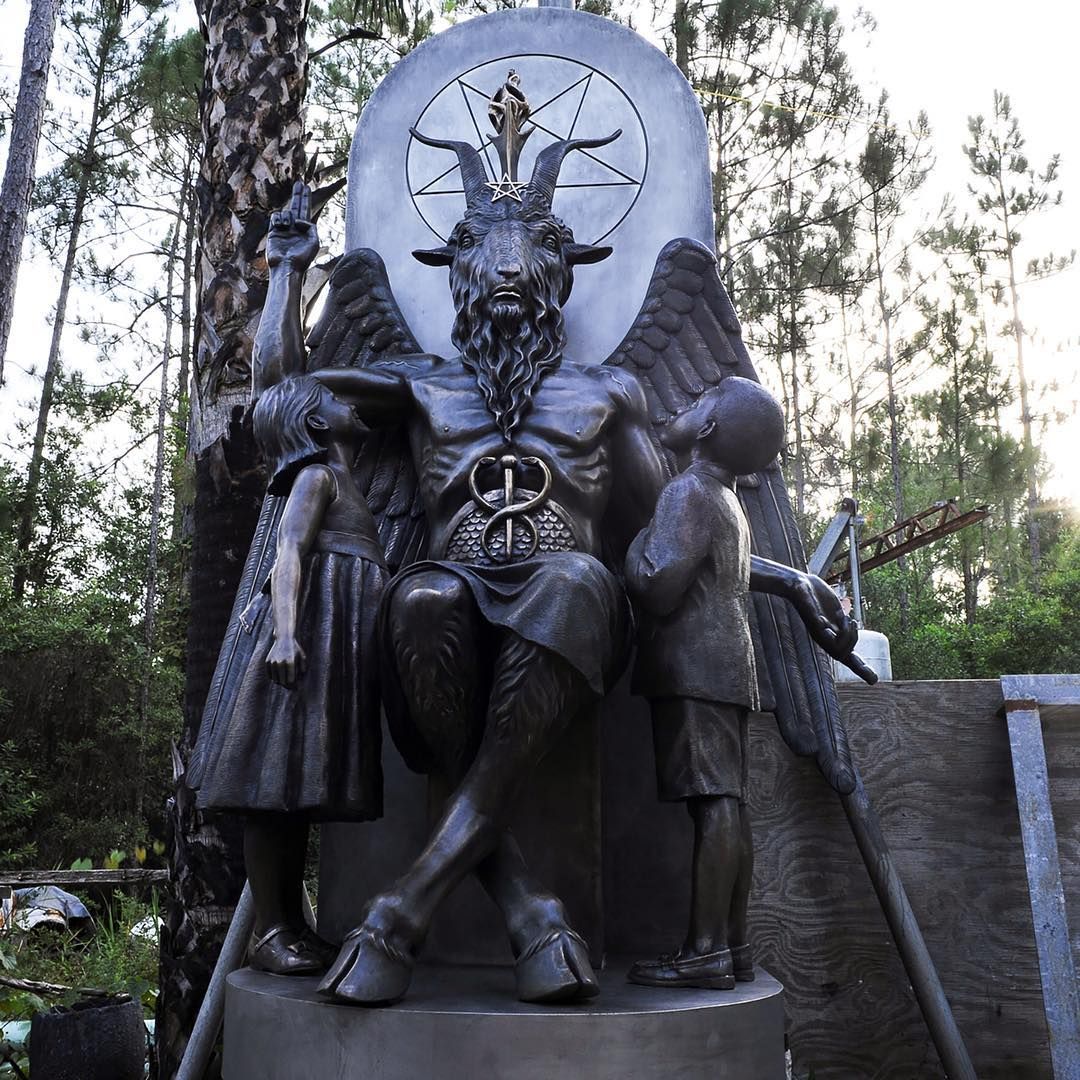- Mar 5, 2024
- 2,217
- 1,111
Mastering Endurance, Like An Athlete Training For Glory, Part 1

Since ancient times, runners sought fame and honor by winning great contests of endurance. It's why the apostle Paul used the analogy of "running the race with endurance." Christians were being called to endure not only persecution but all sorts of trials and hardships for believing, yet for those who stayed faithful until the end there was laid up for them a "crown of righteousness" for emerging as victors.
James will start his letter by using the same analogy, for he will soon state that those who endured hardships would be granted "the crown of life, which the Lord promised to those who love Him" (James 1:12). The Jews had long been a persecuted people and had been scattered abroad to other nations in search of safer places to live, and he was now writing to Jewish Christians especially throughout the ancient world to encourage them to continue enduring in the face of opposition, ridicule and mistreatment.
James, a slave of God and of the Lord Jesus Christ, unto the twelve tribes in the dispersion, greeting. My brothers, count it all joy when you fall into various trials, knowing that the proving of your faith builds endurance. But let endurance have its perfected work, that you reach full potential and development, not falling short in any circumstance. (James 1:1-4)
An Olympian athlete actually wanted his body to be pushed to its limits, because he knew it was the only way to perfect the endurance needed to withstand things like a twenty-eight mile run. James was here telling his readers to adopt the same mindset, and be thankful if they were pushed to the limits of what they could withstand, for they needed to always be prepared to respond in love as true champions of the faith. It was especially important because persecution was coming. Satan would soon be raising up persecution against the saints through the Jewish leadership not long after this letter was written, when the following would transpire.
About that time Herod the king put forth his hands to harm some of those from among the church. And He put James, the brother of John, to death with the sword. And having seen that this was acceptable to the Jews, he proceeded to arrest Peter also… whom, having seized, he put in prison as well. (Acts 12:1-4a)
James, the half-brother of Jesus, was martyred at this time, and persecution against the church would only intensified in the years that followed when the apostles were driven out of Jerusalem. As Paul later told the Thessalonians:
For you became imitators of the churches of God which are in Judea in Christ Jesus, in that you also suffered the same things from your own countrymen as they did from the Jews, who both killed the Lord Jesus and the prophets, and drove us out, and are not acceptable to God and contrary to all men, forbidding us to speak to the Gentiles so that they might be saved, to fill up their sins always. (1 Thessalonians 2:14-16)
This then is why believers needed to be developing an overcomer's attitude towards trials and sufferings, and why this letter was not only timely but prophetically significant to the early church. As shall be seen, even before persecution broke out and James was martyred, many were already facing great injustices at the hands of the rich and powerful in Judea. Some were being subjected to the worst forms of spiritual, financial and judicial abuse, so there was indeed already a need for teaching endurance in the face of tests and trials.
Financial Exploitation
James mentioned "various kinds of trials," but what sorts of trials were they being subjected to specifically? The first was financial exploitation. Many of the faithful were poor, and poorer believers were being exploited by the rich, as is evidenced by what James will say in Chapter 5, when he chastised the rich for taking unfair advantage of them by not paying them for their work.
You hoarded up treasure in the last days. Behold, the pay of the workmen who harvested your fields is crying out, having been kept back by you, and the cries of those who reaped your fields have entered into the ears of the Lord of Hosts. (James 5:3-4)
Farmers were robbing laborers of their wages by making excuses that the harvest had not been profitable enough yet. This exploitation of the poor appears to have been common place for many years leading up to this time, for God scolded the rich about this practice centuries beforehand through the prophet Malachi.
"I will draw near unto you in judgment, and I will be a swift witness... against those who swear falsely by My name, and those who keep back the hireling's wages, and those who oppress the widow and strike orphans with the fist, and turn away the legal case of the stranger, and do not fear Me," says the Lord Almighty. (Malachi 3:5)
Swearing falsely in court, turning away the case of strangers, and judicially oppressing widows and orphans were all perversions of the Jewish legal system, which as we shall see next was yet another trial that early church believers were having to endure at the hands of the rich.
Judicial Oppression
Because they were wealthy, the rich in Israel were lending money to the poor, but often with the intention of oppressing and enslaving them, not helping them. Those who could not pay their debts usually had to sell themselves or their children into slavery until the debt was paid, and the rich were quick to drag them into court to force them to do so whenever they were late with their payments. While in court, if the debtor happened to be a believer in Jesus Christ, this too was brought up as yet another justification for why their children should be given over to someone else.
Do not the rich oppress you, and drag you into the courts? Do they not also blaspheme the good name by which you are called? (James 2:6-7)
This practice of the rich oppressing and enslaving widows and orphans after the husbands divorced them or passed away also had a long history in Israel. During the time of Elisha, one of his fellow prophets passed away, and the man's wife pleaded with Elisha to keep the creditor from making her sons his slaves.
And one of the wives of the sons of the prophets cried to Elisha, saying, "Your servant my husband is dead, and you know that your servant feared the Lord. And the creditor has come to take my two sons to be his slaves." (2 Kings 4:1, LXX)
By Nehemiah's time, the oppression of the poor was almost systematic. With children to feed, many families borrowed funds just to eat. Then, because they still owed money the next time, they had to pledge their homes, vineyards and fields to buy more food. Then, when they didn't have enough to pay taxes, with their property already pledged, they had no choice but to sell their children into slavery to survive.
And the cry of the people and their wives was great against their brethren the Jews… And some said, "We have borrowed money for the king’s taxes - our fields and our vineyards and houses are pledged… and behold, we are [now] reducing our sons and our daughters to slavery, and some of our daughters are already enslaved. And there is no power in our hands, for our fields and our vineyards belong to the nobles." (Nehemiah 5:1-5 LXX)
For poor believers in New Testament times, the saddest part about being dragged into court and forced to sell their children into slavery was that they would no longer be able to raise them as Christians. And when it came to daughters, these girls faced the possibility of being forced to become "one flesh" with evil, self-serving men who not only despised Christ but were blaspheming Him.

Since ancient times, runners sought fame and honor by winning great contests of endurance. It's why the apostle Paul used the analogy of "running the race with endurance." Christians were being called to endure not only persecution but all sorts of trials and hardships for believing, yet for those who stayed faithful until the end there was laid up for them a "crown of righteousness" for emerging as victors.
James will start his letter by using the same analogy, for he will soon state that those who endured hardships would be granted "the crown of life, which the Lord promised to those who love Him" (James 1:12). The Jews had long been a persecuted people and had been scattered abroad to other nations in search of safer places to live, and he was now writing to Jewish Christians especially throughout the ancient world to encourage them to continue enduring in the face of opposition, ridicule and mistreatment.
James, a slave of God and of the Lord Jesus Christ, unto the twelve tribes in the dispersion, greeting. My brothers, count it all joy when you fall into various trials, knowing that the proving of your faith builds endurance. But let endurance have its perfected work, that you reach full potential and development, not falling short in any circumstance. (James 1:1-4)
An Olympian athlete actually wanted his body to be pushed to its limits, because he knew it was the only way to perfect the endurance needed to withstand things like a twenty-eight mile run. James was here telling his readers to adopt the same mindset, and be thankful if they were pushed to the limits of what they could withstand, for they needed to always be prepared to respond in love as true champions of the faith. It was especially important because persecution was coming. Satan would soon be raising up persecution against the saints through the Jewish leadership not long after this letter was written, when the following would transpire.
About that time Herod the king put forth his hands to harm some of those from among the church. And He put James, the brother of John, to death with the sword. And having seen that this was acceptable to the Jews, he proceeded to arrest Peter also… whom, having seized, he put in prison as well. (Acts 12:1-4a)
James, the half-brother of Jesus, was martyred at this time, and persecution against the church would only intensified in the years that followed when the apostles were driven out of Jerusalem. As Paul later told the Thessalonians:
For you became imitators of the churches of God which are in Judea in Christ Jesus, in that you also suffered the same things from your own countrymen as they did from the Jews, who both killed the Lord Jesus and the prophets, and drove us out, and are not acceptable to God and contrary to all men, forbidding us to speak to the Gentiles so that they might be saved, to fill up their sins always. (1 Thessalonians 2:14-16)
This then is why believers needed to be developing an overcomer's attitude towards trials and sufferings, and why this letter was not only timely but prophetically significant to the early church. As shall be seen, even before persecution broke out and James was martyred, many were already facing great injustices at the hands of the rich and powerful in Judea. Some were being subjected to the worst forms of spiritual, financial and judicial abuse, so there was indeed already a need for teaching endurance in the face of tests and trials.
Financial Exploitation
James mentioned "various kinds of trials," but what sorts of trials were they being subjected to specifically? The first was financial exploitation. Many of the faithful were poor, and poorer believers were being exploited by the rich, as is evidenced by what James will say in Chapter 5, when he chastised the rich for taking unfair advantage of them by not paying them for their work.
You hoarded up treasure in the last days. Behold, the pay of the workmen who harvested your fields is crying out, having been kept back by you, and the cries of those who reaped your fields have entered into the ears of the Lord of Hosts. (James 5:3-4)
Farmers were robbing laborers of their wages by making excuses that the harvest had not been profitable enough yet. This exploitation of the poor appears to have been common place for many years leading up to this time, for God scolded the rich about this practice centuries beforehand through the prophet Malachi.
"I will draw near unto you in judgment, and I will be a swift witness... against those who swear falsely by My name, and those who keep back the hireling's wages, and those who oppress the widow and strike orphans with the fist, and turn away the legal case of the stranger, and do not fear Me," says the Lord Almighty. (Malachi 3:5)
Swearing falsely in court, turning away the case of strangers, and judicially oppressing widows and orphans were all perversions of the Jewish legal system, which as we shall see next was yet another trial that early church believers were having to endure at the hands of the rich.
Judicial Oppression
Because they were wealthy, the rich in Israel were lending money to the poor, but often with the intention of oppressing and enslaving them, not helping them. Those who could not pay their debts usually had to sell themselves or their children into slavery until the debt was paid, and the rich were quick to drag them into court to force them to do so whenever they were late with their payments. While in court, if the debtor happened to be a believer in Jesus Christ, this too was brought up as yet another justification for why their children should be given over to someone else.
Do not the rich oppress you, and drag you into the courts? Do they not also blaspheme the good name by which you are called? (James 2:6-7)
This practice of the rich oppressing and enslaving widows and orphans after the husbands divorced them or passed away also had a long history in Israel. During the time of Elisha, one of his fellow prophets passed away, and the man's wife pleaded with Elisha to keep the creditor from making her sons his slaves.
And one of the wives of the sons of the prophets cried to Elisha, saying, "Your servant my husband is dead, and you know that your servant feared the Lord. And the creditor has come to take my two sons to be his slaves." (2 Kings 4:1, LXX)
By Nehemiah's time, the oppression of the poor was almost systematic. With children to feed, many families borrowed funds just to eat. Then, because they still owed money the next time, they had to pledge their homes, vineyards and fields to buy more food. Then, when they didn't have enough to pay taxes, with their property already pledged, they had no choice but to sell their children into slavery to survive.
And the cry of the people and their wives was great against their brethren the Jews… And some said, "We have borrowed money for the king’s taxes - our fields and our vineyards and houses are pledged… and behold, we are [now] reducing our sons and our daughters to slavery, and some of our daughters are already enslaved. And there is no power in our hands, for our fields and our vineyards belong to the nobles." (Nehemiah 5:1-5 LXX)
For poor believers in New Testament times, the saddest part about being dragged into court and forced to sell their children into slavery was that they would no longer be able to raise them as Christians. And when it came to daughters, these girls faced the possibility of being forced to become "one flesh" with evil, self-serving men who not only despised Christ but were blaspheming Him.









